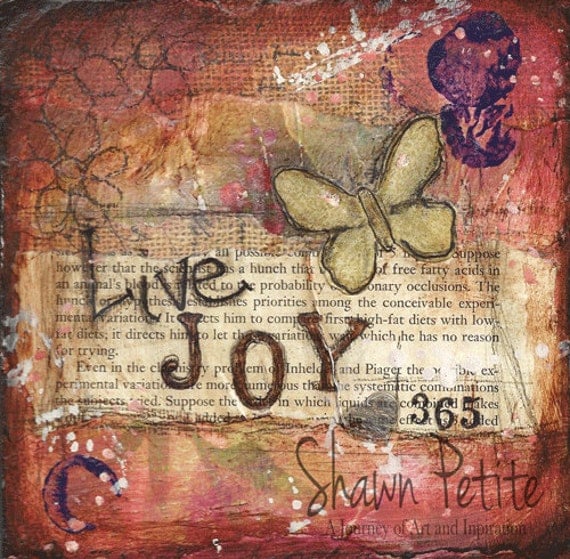Dear Flora,
May you live in joy forever,
Naught from thee true pleasure sever;
Joys be many, cares be few,
Smooth the path thou shalt pursue.
From your loving friend,
Katie Rogers
The lines are from the poem "To the Unknown Donor of a Bouquet" by John S. Adams 1704-1740.
Richest flowers of every hue,
Lightly fringed with evening dew;
Sparkling as from Eden's bowers,
Brightly tinted-beauteous flowers!
Thee I've found, and thee I'll own,
Though from one to me unknown;
Knowing this, that one who'll send
Such a treasure is my friend.
Who hath sent thee? Flora knows,
For with care she reared the rose.
Lo! here's a name!-it is the key
That will unlock the mystery;
This will tell from whom and why
Thou didst to my presence hie.
Wait-the hand's disguised!-it will
Remain to me a mystery still.
But I'm a "Yankee," and can "guess"
Who wove this flowery, fairy tress.
Yea, more than this, I almost know
Who tied this pretty silken bow,
Whose hand arranged them, and whose taste
Each in such graceful order placed.
Yet, if unknown thou 'dst rather be,
Let me wish this wish for thee:
May'st thou live in joy forever,
Naught from thee true pleasure sever;
From thy heart arise no sigh;
May no tear bedew thine eye.
Joys be many, cares be few,
Smooth the path thou shalt pursue;
And heaven's richest blessings shine
Ever on both thee and thine.
Round thy path may fairest flowers,
As in amaranthine bowers,
Bloom and blossom bright and fair,
Load with sweets the ambient air!
Be thy path with roses strewn,
All thy hours to care unknown;
Sorrow cloud thy pathway never,
Happiness be thine forever.
Lightly fringed with evening dew;
Sparkling as from Eden's bowers,
Brightly tinted-beauteous flowers!
Thee I've found, and thee I'll own,
Though from one to me unknown;
Knowing this, that one who'll send
Such a treasure is my friend.
Who hath sent thee? Flora knows,
For with care she reared the rose.
Lo! here's a name!-it is the key
That will unlock the mystery;
This will tell from whom and why
Thou didst to my presence hie.
Wait-the hand's disguised!-it will
Remain to me a mystery still.
But I'm a "Yankee," and can "guess"
Who wove this flowery, fairy tress.
Yea, more than this, I almost know
Who tied this pretty silken bow,
Whose hand arranged them, and whose taste
Each in such graceful order placed.
Yet, if unknown thou 'dst rather be,
Let me wish this wish for thee:
May'st thou live in joy forever,
Naught from thee true pleasure sever;
From thy heart arise no sigh;
May no tear bedew thine eye.
Joys be many, cares be few,
Smooth the path thou shalt pursue;
And heaven's richest blessings shine
Ever on both thee and thine.
Round thy path may fairest flowers,
As in amaranthine bowers,
Bloom and blossom bright and fair,
Load with sweets the ambient air!
Be thy path with roses strewn,
All thy hours to care unknown;
Sorrow cloud thy pathway never,
Happiness be thine forever.
He was born in Nova Scotia and graduated from Harvard in 1721 at the age of 17. He was published in two volumes of poetry: A Collection of Poems by Several Hands (1744), and Poems on Several Occasions (1745).
In "The Other John Adams 1705-1740" published in 1969, author Benjamin Franklin V, takes an in depth look at this significant American figure of the 1720s, a decade when culture was changing from primarily religious to secular.

No comments:
Post a Comment